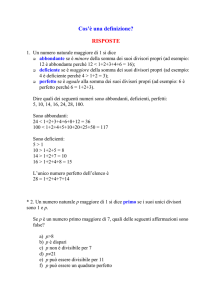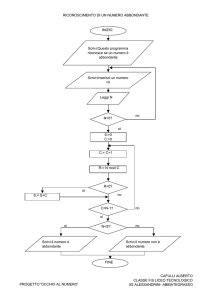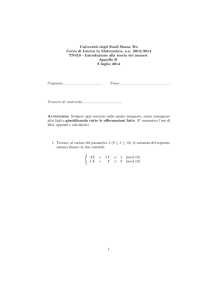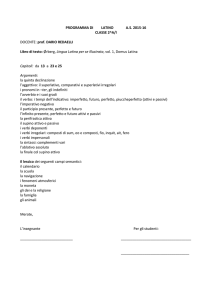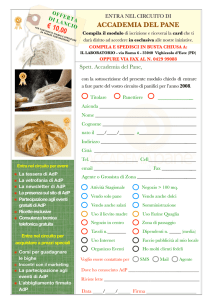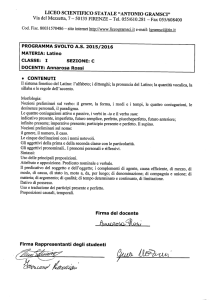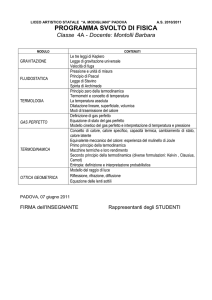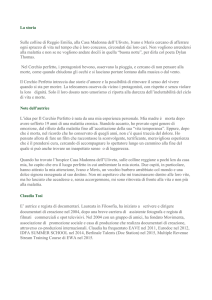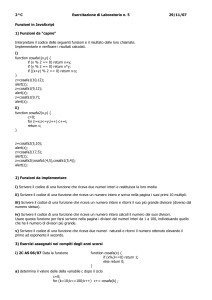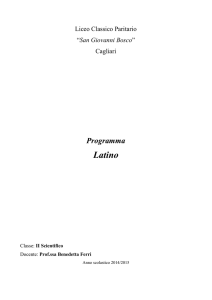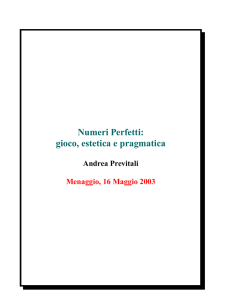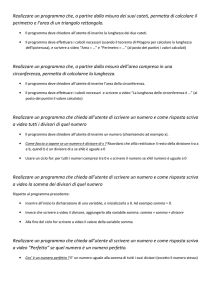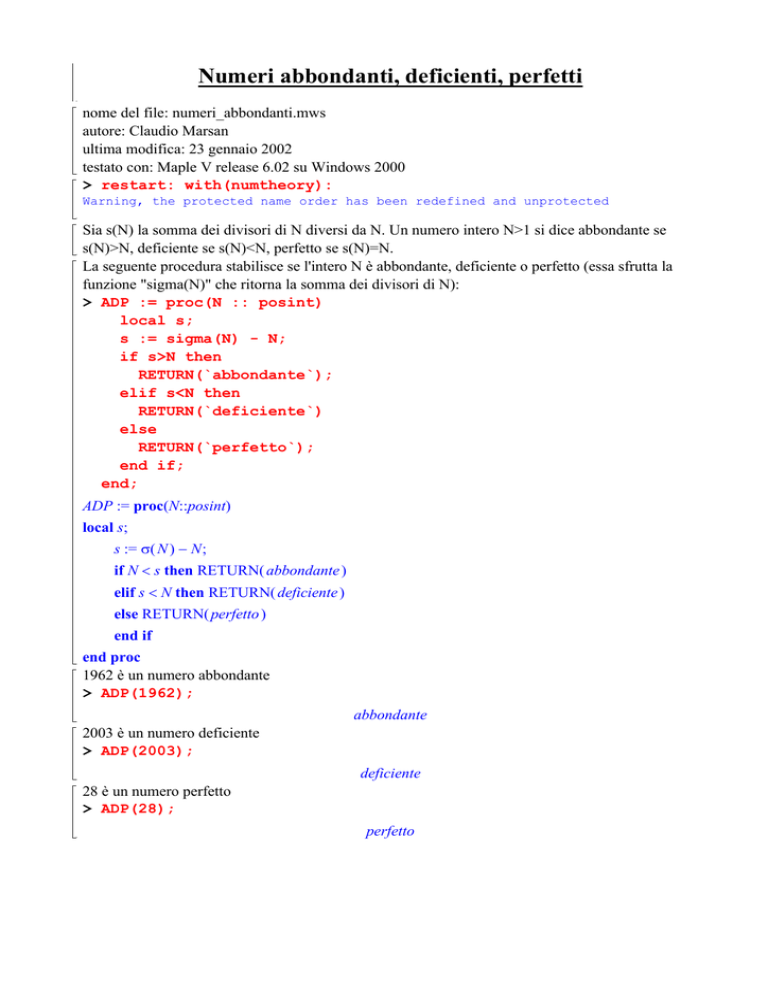
Numeri abbondanti, deficienti, perfetti
nome del file: numeri_abbondanti.mws
autore: Claudio Marsan
ultima modifica: 23 gennaio 2002
testato con: Maple V release 6.02 su Windows 2000
> restart: with(numtheory):
Warning, the protected name order has been redefined and unprotected
Sia s(N) la somma dei divisori di N diversi da N. Un numero intero N>1 si dice abbondante se
s(N)>N, deficiente se s(N)<N, perfetto se s(N)=N.
La seguente procedura stabilisce se l'intero N è abbondante, deficiente o perfetto (essa sfrutta la
funzione "sigma(N)" che ritorna la somma dei divisori di N):
> ADP := proc(N :: posint)
local s;
s := sigma(N) - N;
if s>N then
RETURN(`abbondante`);
elif s<N then
RETURN(`deficiente`)
else
RETURN(`perfetto`);
end if;
end;
ADP := proc(N::posint)
local s;
s := σ( N ) − N;
if N < s then RETURN( abbondante )
elif s < N then RETURN( deficiente )
else RETURN( perfetto )
end if
end proc
1962 è un numero abbondante
> ADP(1962);
abbondante
2003 è un numero deficiente
> ADP(2003);
deficiente
28 è un numero perfetto
> ADP(28);
perfetto

